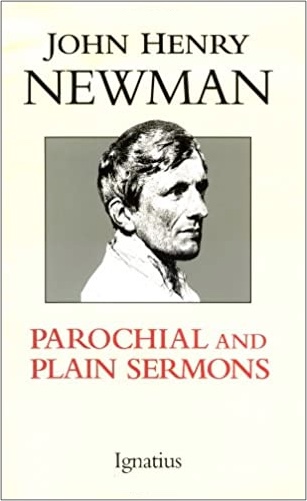
“Let us guard against discontent in any shape; and as we cannot help hearing what goes on in the world, let us guard, on hearing it, against all intemperate, uncharitable feelings towards those who differ from us, or oppose us. Let us pray for our enemies; let us try to make out men to be as good as they can fairly and safely be considered; let us rejoice at any symptoms of repentance, or any marks of good principle in those who are on the side of error. Let us be forgiving. Let us try to be very humble, to understand our ignorance, and to rely constantly on the enlightening grace of our Great Teacher. Let us be ‘slow to speak, slow to wrath;’ — not abandoning our principles, or shrinking from the avowal of them when seasonable, or going over to the cause of error, or fearing consequences, but acting ever from a sense of duty, not from passion, pride, jealousy, or an unbelieving dread of the future; feeling gently, even when we have reason to act severely.”
— from John Henry Newman, “Contracted Views in Religion,” a sermon on the story of the Prodigal Son, in Parochial and Plain Sermons, Volume 3 (published 1834–42).